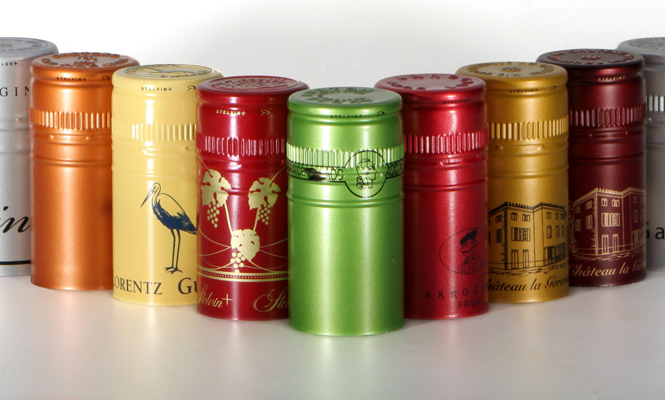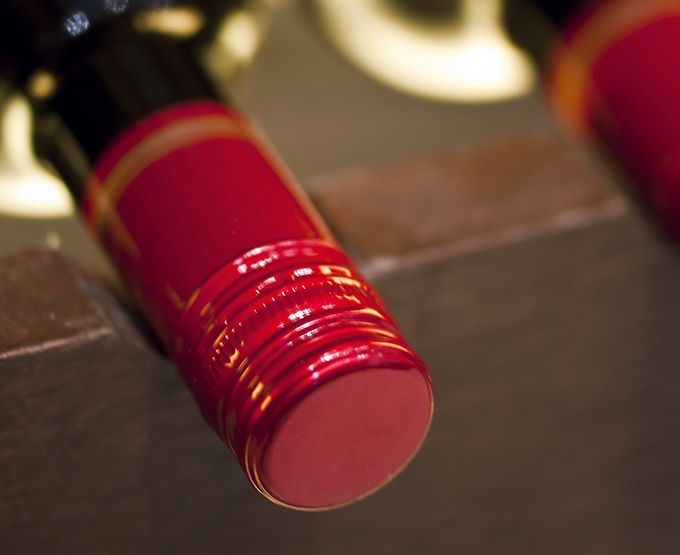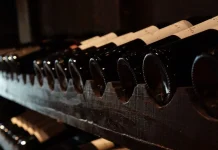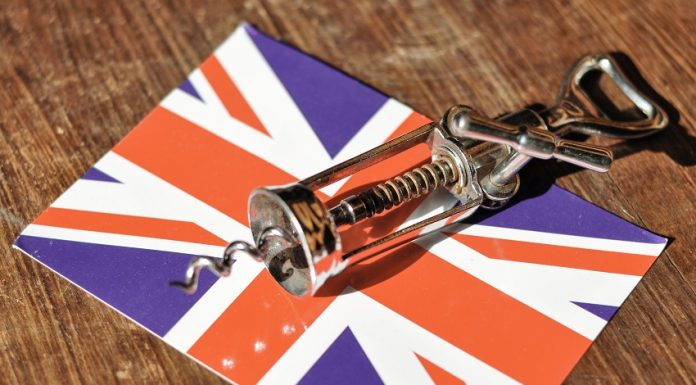It is obvious that today there is a tendency to stigmatize wine bottles closed with screw caps. Many people believe that wines with screw caps must be cheap, cannot age properly, and certainly point out that you care more about price than quality. This belief originated in the United States. Only 30% of wine bottles are sealed with screw caps. Many of them are, by the way, of low-quality. Now take New Zealand: 90% of wine bottles have screw caps. Whether they are cheap table wines or among the best bottles in the country. So where does its bad reputation come from?
For centuries, cork has been the favorite material to seal wine bottles. We associate the ritual of extracting a cork with a good wine. Sommeliers must practice and pass an exam to open a corked wine bottle “correctly”. On the other hand, anyone can twist a screw cap, which can confuse some purists.
The advantages and disadvantages of a traditional corks
But let’s get back to the cork first. It is a limited resource, but it is an effective wine seal because it is flexible, strong, and impermeable to liquids. However, cork enables a very small amount of oxygen to pass through. This helps the wine to evolve in the bottle, a good thing for wines that you want to age.
However, a percentage of all wines bottled with corks suffer from a bacterium called TCA, which gives the wine a flaw called “cork taint”. The cork taste won’t hurt you. However, it will reduce the wine’s aromas and flavors, as well as give the wine a musty, moist cardboard smell. Uncorking a bottle with a cork can be romantic, but a wine with wet dog aromas is certainly not!

Screw caps: their benefits and concerns
Screw caps were first introduced in the late 1950s. Wine producers were then looking for a way to solve the quality problems associated with the use of cork. The cap is made of aluminum with a polyethylene or tin coating that creates a very tight seal. Depending on the type of coating, it can completely prevent the infiltration of oxygen or allow the exchange of small quantities. And, unlike cork, the quality is much more consistent. There is no problem with cork smells.
Although the new system has been widely adopted in Australia and New Zealand, its introduction has been slower in the United States and many Old-World wine regions (ahem, France for example). This is even though many different types of screw caps exist with different types of coatings. The best ones, moreover, imitate the benefits of natural cork.
Perhaps the greatest concern about the use of screw caps is the question of ageing. Hogue Cellars, a Washington State winery, conducted a study comparing natural cork, synthetic corks and screw caps. The study found that screw caps better preserved fruit aromas and flavors in red and white wines. Synthetic closures had similar problems with oxidation and cork odour as natural corks.
To each his own pleasure
Still, it’s hard to ignore the romanticism of the cork. There’s something beautiful about sliding this cylinder and hearing it “pop”. Nevertheless, screw caps offer a reliable and consistent alternative to winemakers who worry about losing a percentage of their production because of the smell of cork. Cork manufacturers are nevertheless doing their utmost to eradicate this, but there is always a risk.
Whatever the cork that seals your bottle, make sure to use the Smart Wine Aerator, by Aveine!









